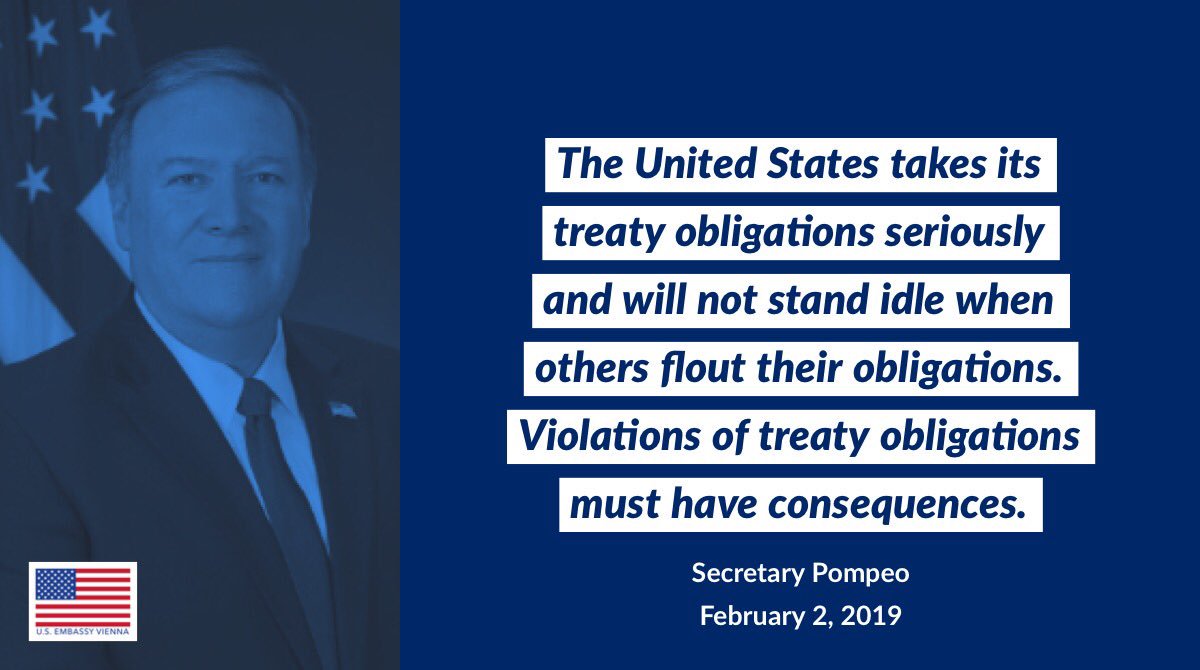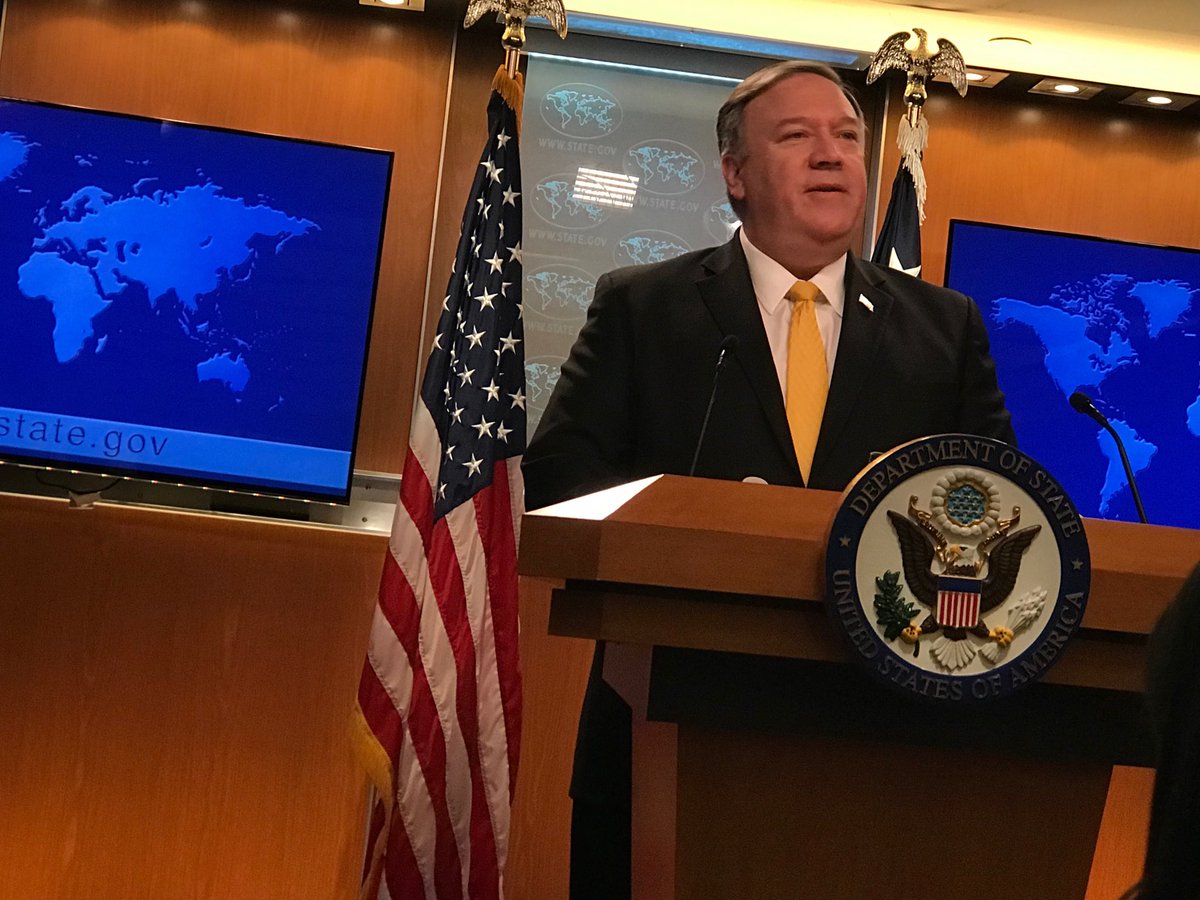Three stories:
A new arms race? The Trump Admin suspended its obligations under the INF treaty – a landmark US-Russia arms control agreement, which bans land-based missiles with a 500–5,500km range. Their rationale: ongoing Russian violations.
Have a great week!
The Ambassador’s Brief Editors





